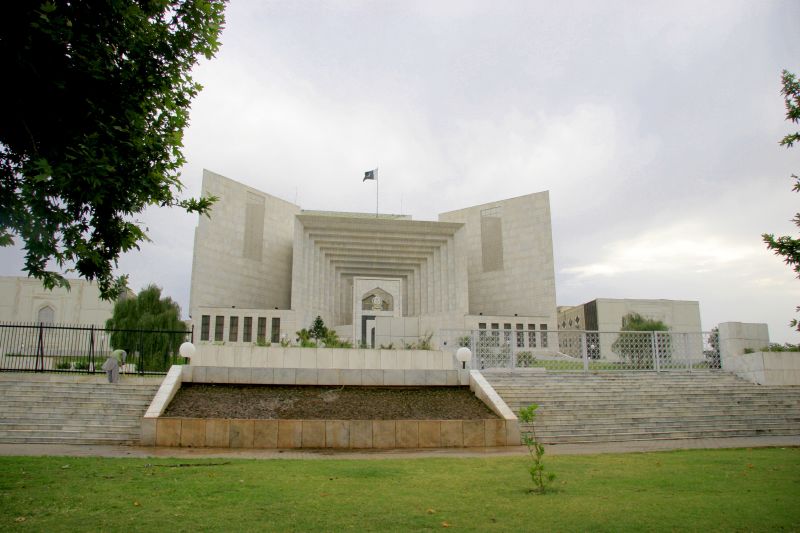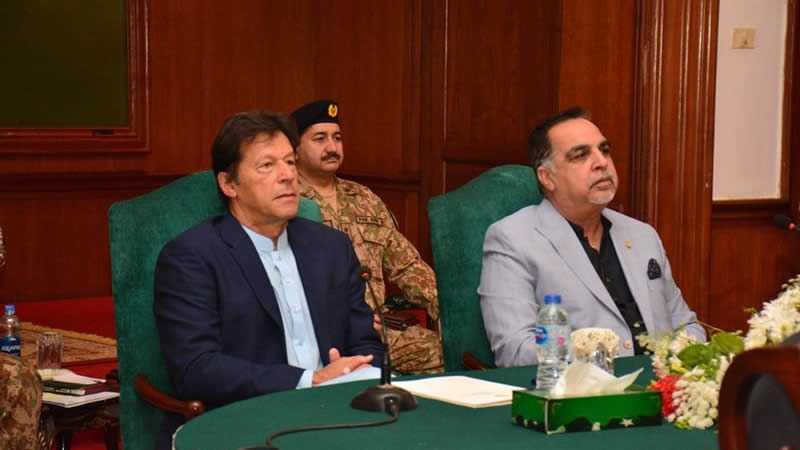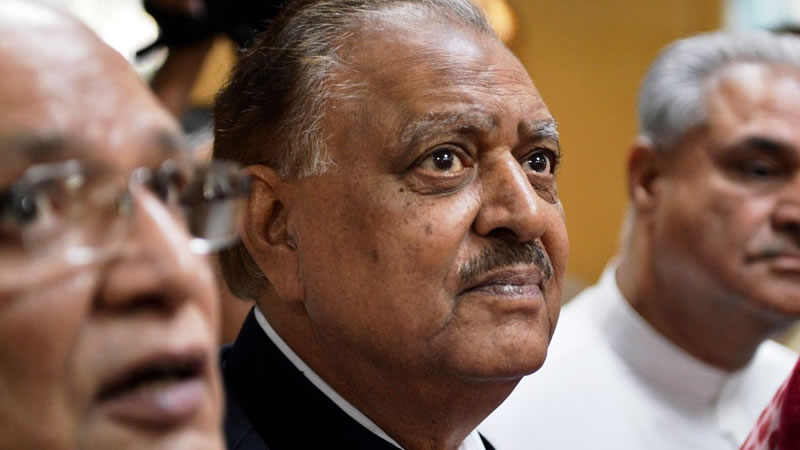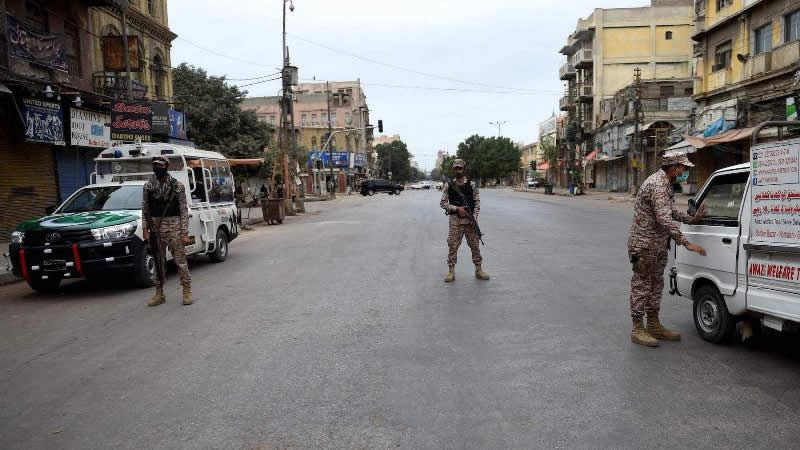The Sindh government suffered a severe blow on Thursday when the Supreme Court set aside a Rs1.23 billion controversial contract for acquiring armoured personnel carriers (APCs) in the wake of the deteriorating law and order situation in Karachi.
[contentblock id=1 img=adsense.png]
A three-judge bench, headed by Justice Jawwad S. Khawaja, declared the contract between Sindh police and Messers Hugo Import Serbia a nullity in law. It also barred the provincial government from disbursing money for the purchase of a helicopter and 86 fire tenders because the deal had been made without adhering to rules. The court had taken up a petition filed by Mehmood Akhtar Naqvi challenging the March 15, 2013, contract for the purchase of 16 APCs, including three 8×8 Lazar BTR-SR 8808 and 13 4×4 BOV M11 multi-role armoured vehicles, worth Rs1.23bn to combat terrorism in Karachi. The petitioner argued that the deal had been made in violation of rules. The Sindh police signed the contract with a foreign vendor instead of buying these from Heavy Industries Taxila, he contended. On Thursday, senior counsel Farooq H. Naek, representing the Sindh government, admitted that since the agreement had been signed in violation of rules of business, the apex court could declare it a nullity in the eyes of the law.
Read More: Supreme Court Comes Close to Issuing Contempt Notice to PM
[contentblock id=2 img=gcb.png]
“We declare so,” Justice Khawaja observed while dictating the order. But he said this still left “us with a few issues outstanding like how the Sindh police entered into the agreement which is patently unlawful and against constitutional provisions like Articles 139 and 173 as well as Rule 24 of the rules of business of the Sindh government”. Article 139 says that all executive actions of the provincial governments will be taken in the name of the governor. Article 173 deals with the power to acquire property and to make contracts to be executed in the name of the governor. Rule 24 expressly specifies that a contract will be executed on behalf of the governor in accordance with the instructions issued by the provincial law department. The court also noted that Additional Inspector General (logistics) of Sindh police Tanveer Ahmed Tahir purportedly signed the agreement, but under his signature the rubber stamp of Sindh IG was affixed.
[contentblock id=3 img=adsense.png]
The court ordered the provincial government to explain why rules and constitutional provisions had been violated while executing the contract. The IG was asked to appear before the court on March 26. The court asked Additional Advocate General (AAG) of Sindh Miran Shah to inform how Irfan Qadir, who appeared on behalf of the Sindh police and also had a bitter exchange of words with the bench on Wednesday, was representing the IG when the provincial government was adequately and ably represented by Farooq Naek. “We also noted yesterday that there was no ‘wakalatnama’ (power of attorney) on the file whereby Irfan Qadir was authorised to appear in this case,” the court observed. The court directed its office to find out if any wakalatnama was filed in the Karachi registry. The registry reported in the negative. This raised concern as to how and on what basis Mr Qadir had been appearing in the case, especially when the court record showed that he had appeared in 11 hearings — seven in Islamabad and four in Karachi — without any power of attorney.













